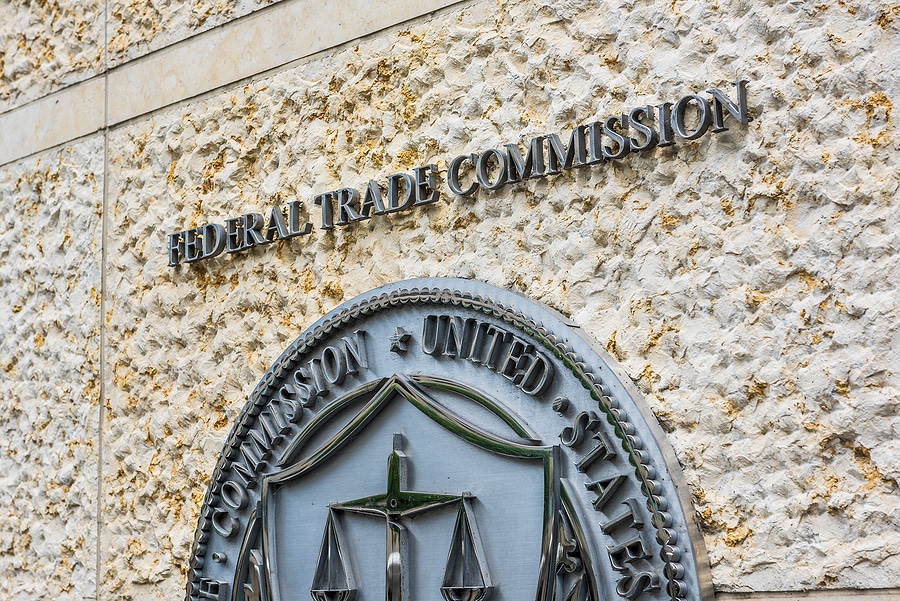
FTC Takes Action Against Adobe for Deceptive Subscription Practices
 The Federal Trade Commission (FTC) has taken legal action against Adobe Inc. and two of its top executives, Maninder Sawhney and David Wadhwani, for allegedly deceiving consumers by hiding early termination fees and complicating the cancellation process for its subscription services.
The Federal Trade Commission (FTC) has taken legal action against Adobe Inc. and two of its top executives, Maninder Sawhney and David Wadhwani, for allegedly deceiving consumers by hiding early termination fees and complicating the cancellation process for its subscription services.
The FTC’s complaint, filed in a federal court by the Department of Justice (DOJ) on the FTC’s behalf, accuses Adobe of misleading consumers about the costs associated with its “annual paid monthly” subscription plan. Adobe is alleged to have prominently displayed the monthly cost during the signup process while burying critical information about the early termination fee (ETF), which is 50% of the remaining monthly payments if a consumer cancels within the first year.
Samuel Levine, Director of the FTC’s Bureau of Consumer Protection, stated, “Adobe trapped customers into year-long subscriptions through hidden early termination fees and numerous cancellation hurdles. Americans are tired of companies hiding the ball during subscription signup and then putting up roadblocks when they try to cancel.”
Consumer Complaints and FTC Findings
Per the FTC, since transitioning to a subscription model in 2012, Adobe’s practices have generated numerous consumer complaints. Many consumers reported to the FTC and the Better Business Bureau that they were unaware of the ETF or the one-year commitment of the “annual paid monthly” plan. Despite being aware of this confusion, Adobe continued to push consumers towards this plan without clear disclosures.
The FTC’s complaint highlights how Adobe’s default subscription option misled consumers by showcasing a lower monthly cost while obscuring the hefty early termination fee in fine print or behind obscure icons.
The FTC’s complaint also highlights the difficulties consumers face when trying to cancel their subscriptions. The process is described as an “obstacle course” of screens and clicks, with additional challenges when contacting customer service, such as dropped calls, interrupted chats, and multiple transfers. Some consumers discovered they were still being charged after believing they had successfully canceled their subscriptions.
Legal Charges and Potential Impact
The FTC’s complaint charges Adobe and its executives with violating the Restore Online Shoppers’ Confidence Act (ROSCA) and the FTC Act by failing to clearly disclose material terms of the subscription and obtain consumers’ express informed consent before charging them. The complaint also alleges that Adobe did not provide simple mechanisms for stopping recurring charges.
Violations of the Restore Online Shoppers’ Confidence Act (ROSCA) and the FTC Act could result in substantial penalties for Adobe. The FTC’s rigorous approach in this case demonstrates a broader commitment to enforcing transparency in consumer subscriptions, which may lead to stricter regulatory standards and higher compliance costs for businesses operating within the subscription economy.
Adobe’s Response
Adobe, through its General Counsel and Chief Trust Officer Dana Rao, has responded by defending its subscription practices as transparent and consumer-friendly. “Subscription services are convenient, flexible, and cost-effective to allow users to choose the plan that best fits their needs, timeline, and budget. Our priority is to always ensure our customers have a positive experience. We are transparent with the terms and conditions of our subscription agreements and have a simple cancellation process. We will refute the FTC’s claims in court,” Rao stated.
Insider Take
The FTC’s action against Adobe underscores the increasing regulatory scrutiny on subscription-based business models. As consumers become more reliant on digital subscriptions, transparency and ease of cancellation have become critical issues. The FTC’s complaint highlights the need for companies to provide clear, conspicuous disclosures, explainers, and straightforward cancellation processes to avoid misleading consumers and violating consumer protection laws.
This action against Adobe follows a series of similar enforcement measures by the FTC against companies like Amazon and Apple, indicating a strong regulatory focus on protecting consumers from deceptive subscription practices. These cases collectively signal to the industry that opaque fee structures and difficult cancellation processes will not be tolerated.
This case serves as a reminder to businesses of the importance of fair marketing practices and the potential legal consequences of deceptive actions. Companies using subscription models should take note of the FTC’s focus on protecting consumer rights and ensure their practices are transparent and compliant with all relevant laws and regulations. The outcome of this case could set a precedent for future regulatory actions in the subscription economy.





